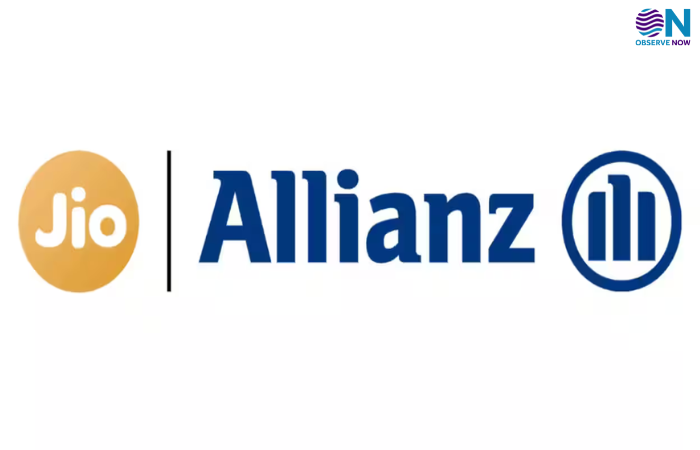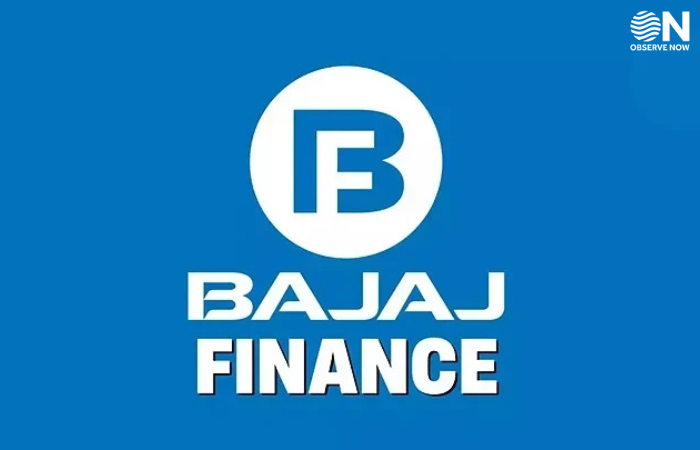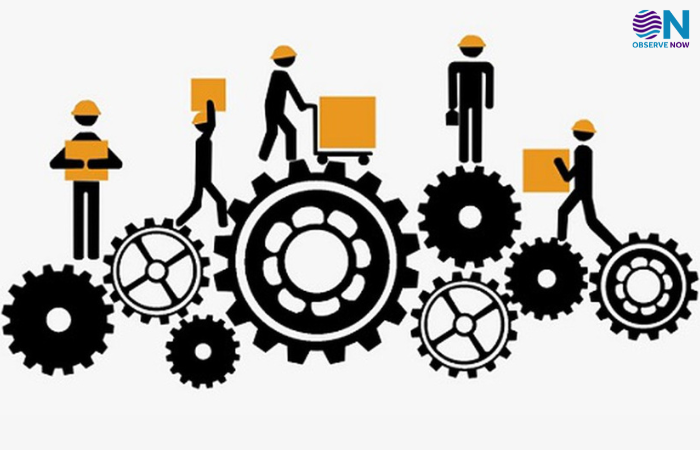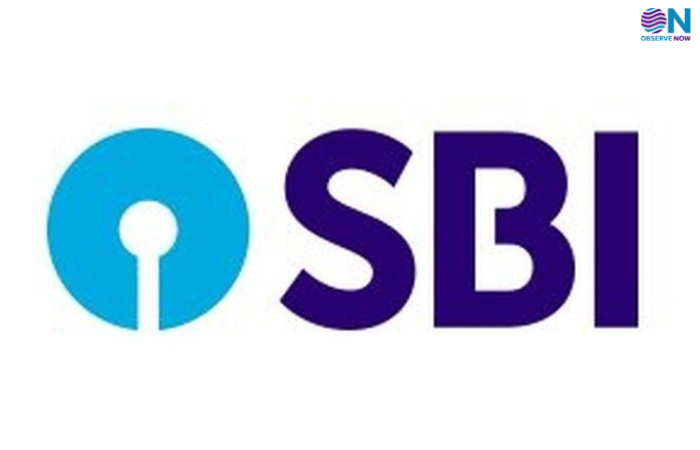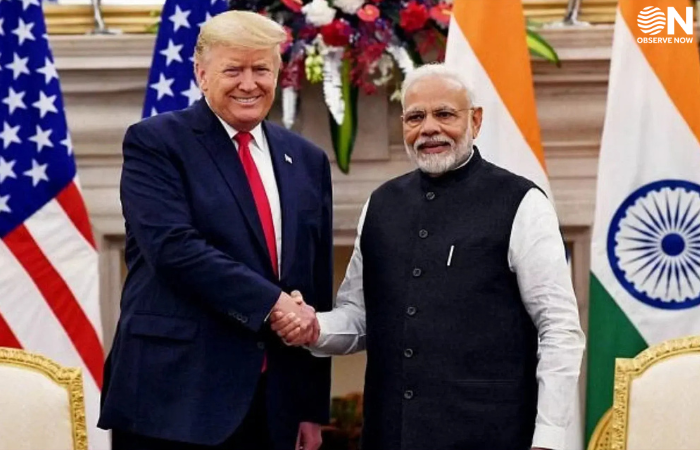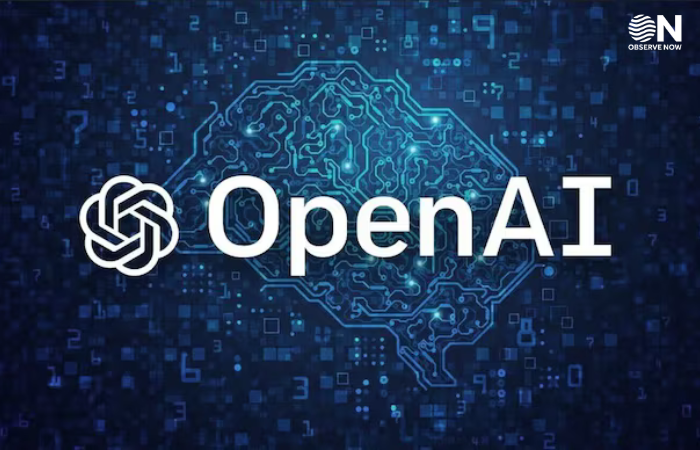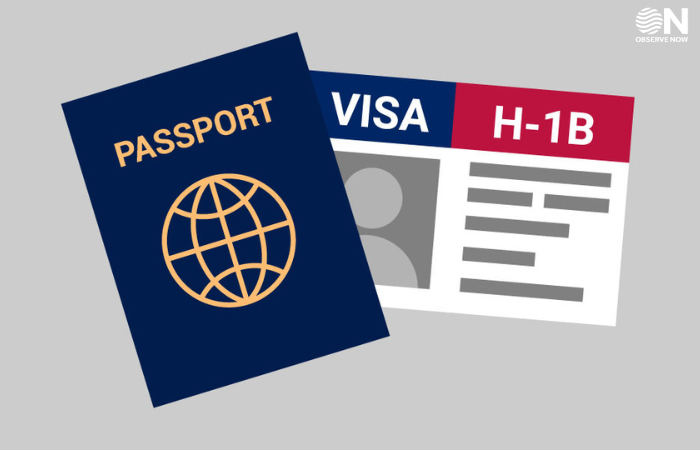Jio Financial Services and Allianz Form 50:50 Reinsurance Joint Venture
Jio Financial Services and Germany’s Allianz have joined forces to launch a 50:50 reinsurance joint venture named ‘Allianz Jio Reinsurance Ltd’ following necessary regulatory approvals. The partnership combines Jio’s extensive domestic network and market knowledge with Allianz’s global underwriting expertise to target India’s expanding insurance sector.
The new entity is expected to provide reinsurance solutions to insurers across India, addressing the increasing demand for risk management and capital efficiency. By leveraging Jio’s strong local presence and Allianz’s technical capabilities, the venture aims to offer innovative products and services that cater to both life and non-life insurance segments.
Industry analysts highlight that India’s insurance market is witnessing rapid growth, driven by rising financial awareness, digital adoption, and regulatory support. The establishment of this joint venture is seen as a strategic move to tap into this potential while strengthening risk distribution channels for insurers.
The partnership also emphasizes knowledge transfer and capacity building. Allianz brings decades of international experience in underwriting, risk assessment, and product structuring, which, combined with Jio’s deep understanding of the Indian consumer and business landscape, is expected to enhance the quality and reach of reinsurance services in the country.
Officials from both companies indicated that the venture will focus on creating tailored solutions for small and medium insurers, addressing gaps in the market while ensuring efficient capital deployment. This approach is expected to make reinsurance more accessible and affordable, supporting the broader growth of India’s insurance ecosystem.
With regulatory approvals secured and a clear strategic focus, Allianz Jio Reinsurance Ltd is poised to become a significant player in India’s reinsurance landscape. The collaboration reflects the growing trend of global insurers partnering with local players to capitalize on emerging market opportunities, ensuring that risk coverage and capital solutions keep pace with the sector’s rapid expansion.


